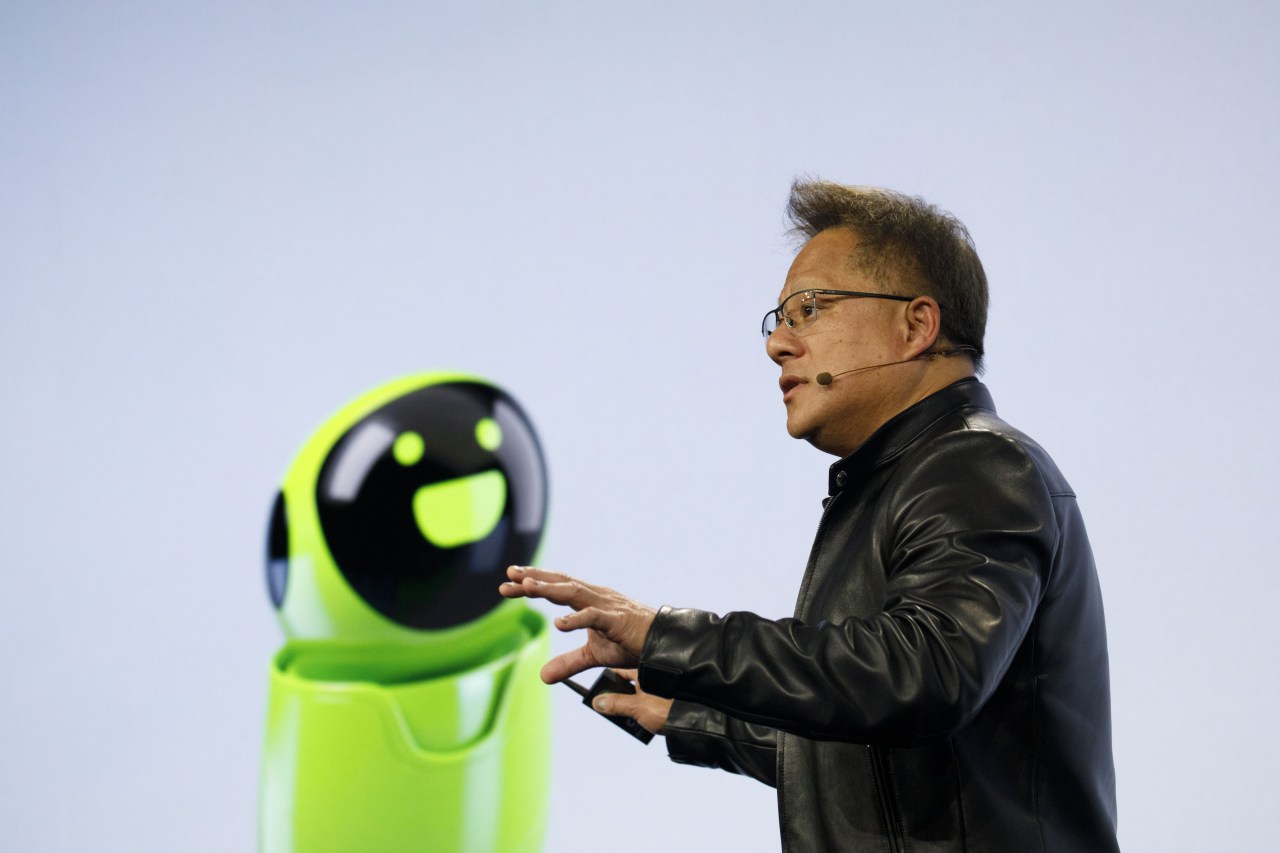The technology landscape is constantly evolving, and at the heart of this evolution lies the intricate world of semiconductor chips. As we delve into recent developments, the proposed acquisition of ARM by Nvidia has emerged as a lightning rod for controversy, raising significant antitrust concerns. In a thorough assessment conducted by the U.K. Competition and Markets Authority (CMA), the implications of this merger stretch far beyond business competition and delve into innovation, market dynamics, and consumer impact.
Understanding the Core Issues
The CMA’s preliminary findings outlined serious concerns regarding Nvidia’s potential control over ARM, the world’s leading chip designer. A key aspect of the CMA’s worries is the possibility that Nvidia could limit access to ARM’s intellectual property (IP) for its competitors. With ARM’s technology being pivotal for many companies manufacturing semiconductors and related products, any attempt to restrict access could undermine the very fabric of competition within the industry.
- Stifling Innovation: The loss of competitive forces could suppress the level of innovation across multiple sectors, including data centers, gaming, the Internet of Things (IoT), and self-driving vehicles.
- Consumer Impact: Reduced competition often leads to an increase in product prices or a decrease in quality, ultimately negatively affecting consumers who rely on these technologies in their daily lives.
- Sector Vulnerability: Industries such as robotics and AI could face significant growth challenges if access to essential technologies is restricted.
Regulatory Responses and Reactions
The rejection of a behavioral remedy proposed by Nvidia has propelled the CMA to recommend a more in-depth “Phase 2” investigation. This phase aims to assess how the merger could reshape not only the competitive landscape but also the future trajectory of technological advancements in critical sectors.
Andrea Coscelli, CEO of the CMA, articulated these concerns, indicating that the merger could ultimately deter technological progress and leave consumers at a disadvantage. “Nvidia controlling ARM could create real problems for NVIDIA’s rivals,” he stated, highlighting the potential risks nestled within such a merger.
Nvidia’s Response
In light of the CMA’s findings, Nvidia has responded with optimism, expressing their intention to address any concerns while reinforcing their belief in the merger’s overall benefits. They emphasize that the acquisition would be advantageous for ARM, its licensees, and the broader competitiveness within the market.
Looking Ahead
The U.K. government’s decision to possibly escalate this investigation into a full-scale review underscores the complexity surrounding mergers in the tech sector. It also reflects broader regulatory scrutiny that tech companies have increasingly faced in recent years as concerns over competition and innovation continue to mount. The outcome of this investigation could set a significant precedent for future mergers and acquisitions in the technology industry.
Potential Implications of the Merger
The Nvidia-ARM merger, if approved, has the potential to reshape the semiconductor industry significantly. Here are some anticipated implications to consider:
- Market Dynamics: Changes in market dynamics could lead to realignments among competitors as they adapt to new conditions.
- Innovation Hubs: The strength of innovation may either be bolstered or hindered, depending on how access to ARM’s technology is managed post-merger.
- Global Impacts: The ramifications of this acquisition are not just confined to the U.K.; they could reverberate throughout the global tech landscape.
Conclusion
The proposed Nvidia-ARM merger raises critical questions about competition, innovation, and the future of technology itself. As more stakeholders weigh in on this issue, the eyes of the tech world remain fixated on the outcomes of the U.K.’s regulatory review. The balance between fostering competitive markets and enabling growth through consolidation will undoubtedly be a topic of heated debate for years to come.
At fxis.ai, we believe that such advancements are crucial for the future of AI, as they enable more comprehensive and effective solutions. Our team is continually exploring new methodologies to push the envelope in artificial intelligence, ensuring that our clients benefit from the latest technological innovations.
For more insights, updates, or to collaborate on AI development projects, stay connected with fxis.ai.

